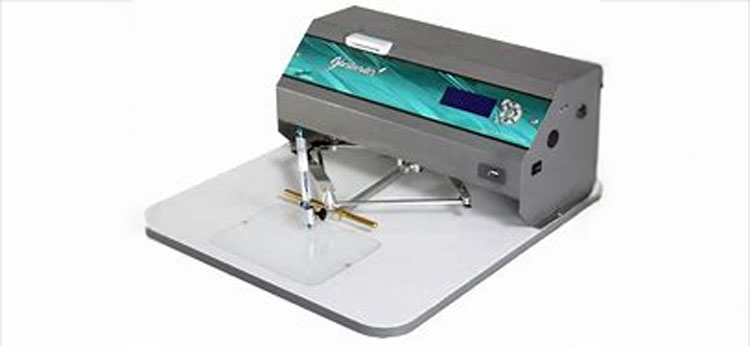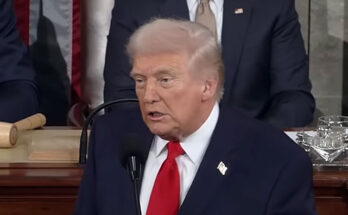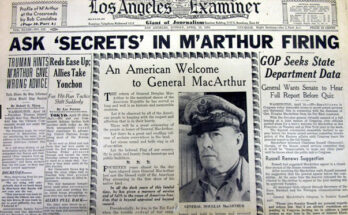Column By Mike Bibb
Oh boy, President Joe’s been gone about six weeks, and it seems there’s a new story nearly every day about some discombobulated mess involving his behavior in office.
This time, evidence is surfacing that Joe may not have signed dozens of Executive Orders he implemented prior to leaving office, including those pardoning many of his friends and family members.
An action already in legal dispute: Can a President pardon someone of a crime before that person has been indicted, tried, and convicted of a crime?
Is that possible?
Apparently, in Joe’s mind—or those of his handlers—it is perfectly permissible. A sitting President, like a ruling monarch, can sign a proclamation, and it must be recognized as nearly a direct commandment from God.
Except when it isn’t. Especially when the Supreme Court says it isn’t.
The U.S. Constitution does not explicitly mention Presidential Executive Orders but grants a President broad authority under Art. II, Sec. 2, stating, “He shall take care that the laws be faithfully executed.”
The same Article and Section also state that a President “shall have the power to grant reprieves and pardons for offenses against the United States.”
I cannot find anywhere that a President has the lawful authority to pardon an individual prior to their conviction of some imagined crime.
However, a new controversy has arisen in Biden’s final days in office: Did he sign his own EO’s, or was an “autopen” mechanical device used instead?
This, in turn, would make one wonder if Joe was present or if he was somewhere else when the orders were enacted.
His excessive vacation respites, frequent time away from the office, and shortened workdays suggest that Joe wasn’t at his desk much of the week, month, or year. And when he was, his daily routine was limited to brief staff meetings and shortened discussions with various officials. His few press conferences often ended with him suddenly walking away from the podium, unaware of reporters’ questions.
I believe most of us can agree Joe was not mentally capable of conceiving and writing EOs without assistance. As his mental acuity decreased, his administrative skills also showed obvious signs of lessening. It became apparent during the summer Presidential Debate with Donald Trump that the Democratic National Committee could no longer permit Joe to continue as their candidate. Vice President Kamala Harris soon replaced him.
Joe’s autopen issues recently attracted the attention of Missouri Attorney General Andrew Bailey, who is requesting the Department of Justice look into the matter. Bailey remarked, “Biden’s cognitive decline allowed unelected staff to push through radical policy without his knowing approval.”
Baily said, “It appears staffers and officers in the Biden Administration may have exploited Biden’s incapacity so they could issue orders without an accountable President of sound mind approving them”—Newsmax, Mar. 10, 2025.
U.S. House Speaker Mike Johnson spoke of a similar incident in which Biden did not remember signing an EO pausing liquified natural gas imports in January 2024. Johnson reported Joe didn’t recall the matter. — The Washington Times, Mar. 11, 2025.
The Heritage Oversight Project, investigating Biden’s autopen discussion, discovered nearly every EO document it examined was signed by an autopen.
“So, who signed it? For investigators to determine whether then-President Biden ordered the signature of relevant legal documents, or if he even had the mental capacity to, they must first determine who controlled the autopen and what checks were in place,” Heritage investigators said. — Mar. 10, 2025
It’s now mid-March. Joe’s gone home to Delaware with probably no recollection of where he’s been the last four years, and we’re beginning to learn if it mattered if he was in the White House. Official records and EOs bearing his alleged signature were busily being signed by someone or some kind of writing apparatus.
Whether he knew it or not.
The question eventually becomes if President Joe Biden was not actually signing government documents and records—or had any memory of doing so — and then the validity of those documents is automatically questioned.
Secondly, if Joe wasn’t present to sign the documents, then who was? Was it anyone the people knew or voted for — or simply a few nameless clerks going through the motions?
Is this how the Office of the President operated for four years, with Joe propped up with cue cards and behind-the-scenes staffers and manipulators?
The lights may have been on, but was anyone home?
The opinions expressed in this editorial are those of the author.










